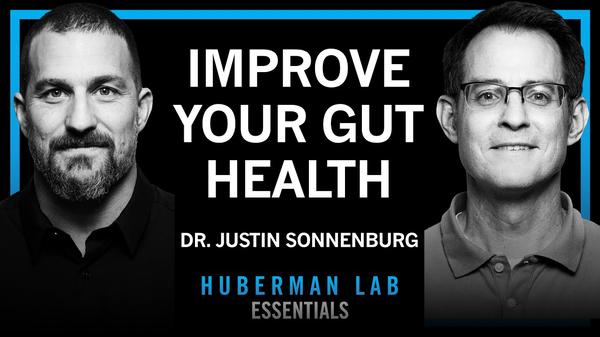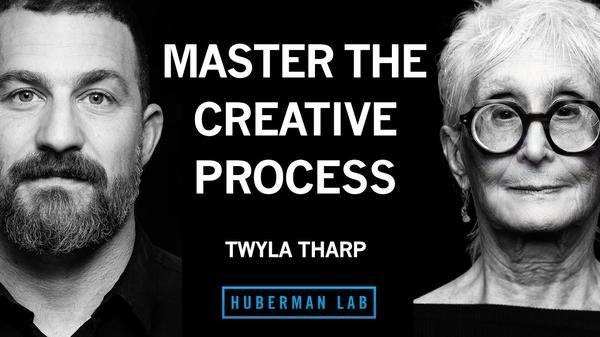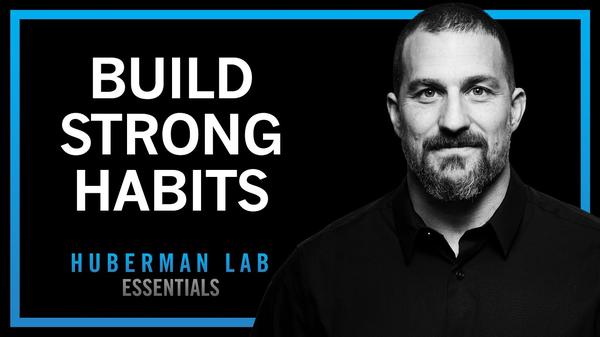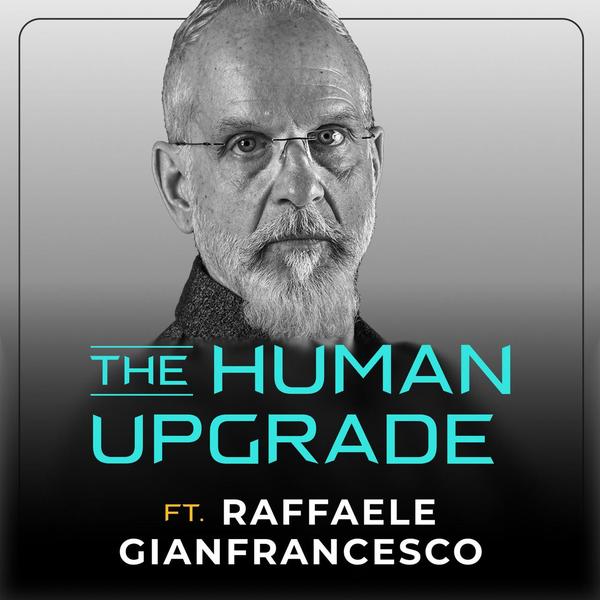
Essentials: Timing Light for Better Sleep, Energy & Mood | Dr. Samer Hattar
Andrew Huberman
Aug 21, 2025
Mindsip insights from this episode:
Avoid bright morning light when traveling east to protect your body clock
When traveling to a time zone many hours ahead, you must avoid bright morning light upon arrival to prevent shifting your body clock in the wrong direction.
Achieve perfect sleep despite blindness through non-visual light sensing
People who are completely blind to images can still have a perfect sleep-wake cycle because their eyes contain non-visual light-sensing cells that regulate their internal clock.
Utilize light to enhance mood regulation
Light regulates mood through a brain pathway that is completely separate from the one that controls your main circadian clock for sleep.
Recognize hunger as a learned clock response
The feeling of hunger at specific mealtimes is a learned cue from your body's clock, not necessarily a sign of an immediate energy need.
Avoid artificial light boxes for mood regulation in winter
Even if you live far north during a dark winter, it is personally suggested that you avoid using artificial light boxes to regulate your mood and clock.
Shift your chronotype by adjusting light exposure and habits
Being a 'night owl' might be more a result of your long-term light environment and habits rather than a fixed genetic trait for most people.
Use dim red light at night to protect sleep quality
Using very dim red light, specifically below 10 lux, will have virtually no disruptive effect on your circadian clock or sleep.
More from
Andrew Huberman
You also might be interested in
The Machine That Flicks on Your Brain in 30 Seconds | Biohacker Tools
The Healthiest Way To Light Your Home For Optimizing Sleep & Energy (& How To Sleep Better When You TRAVEL!) With Block Blue Light's Daniel Ebbett
An Insider Glimpse Into The Morning Routines, Biohacking Stacks & Relationship-Building Tactics Of A Successful Executive (& What It's Like To Be Coached By Ben!), With Brian McMaster
Fastest Way To Decreased Lifespan – & You’re Doing It Daily! (Prevent Disease With This One Habit)
Are Tanning Beds Safe, The CRAZY Future Of Red Light Therapy & The "Sun Sandwich" concept, Robot Massages, Korean Face Masks & More With Kris Sweeting.















